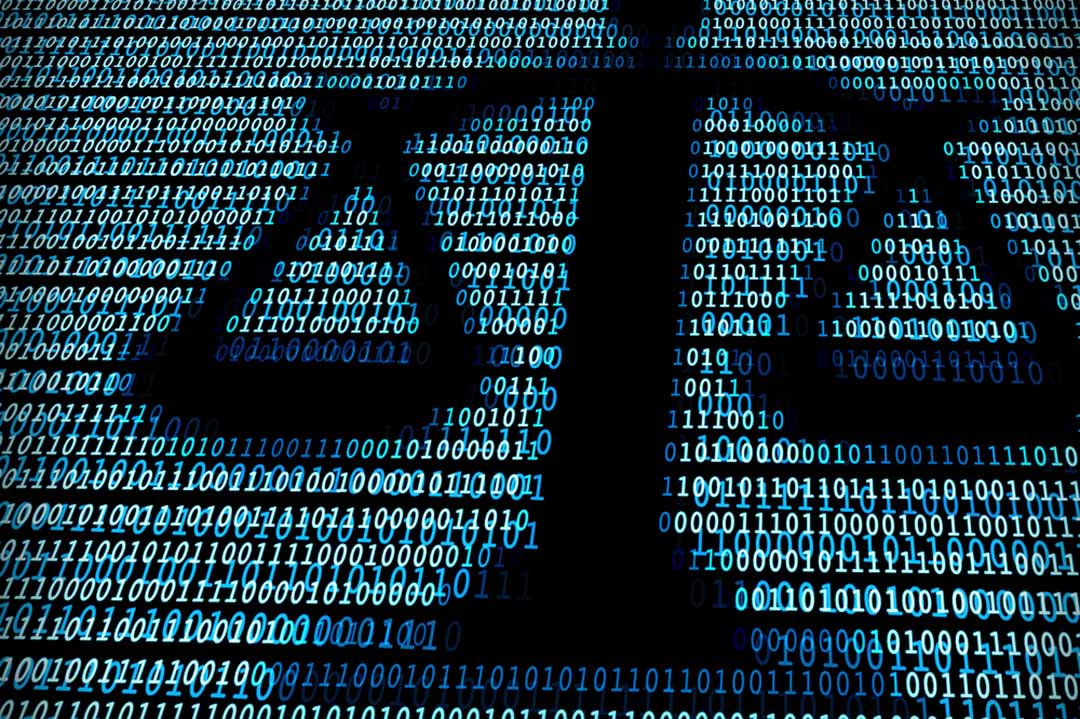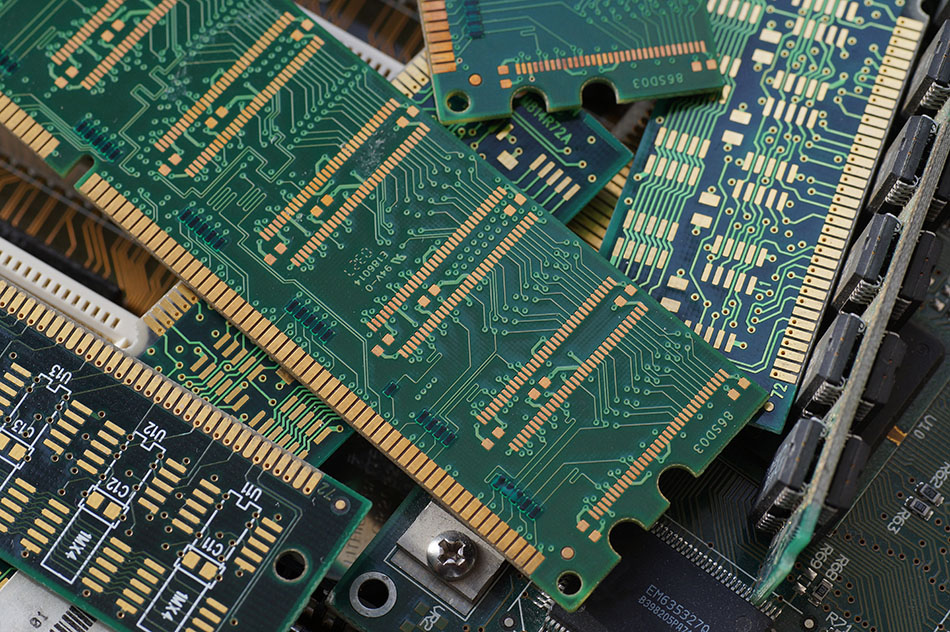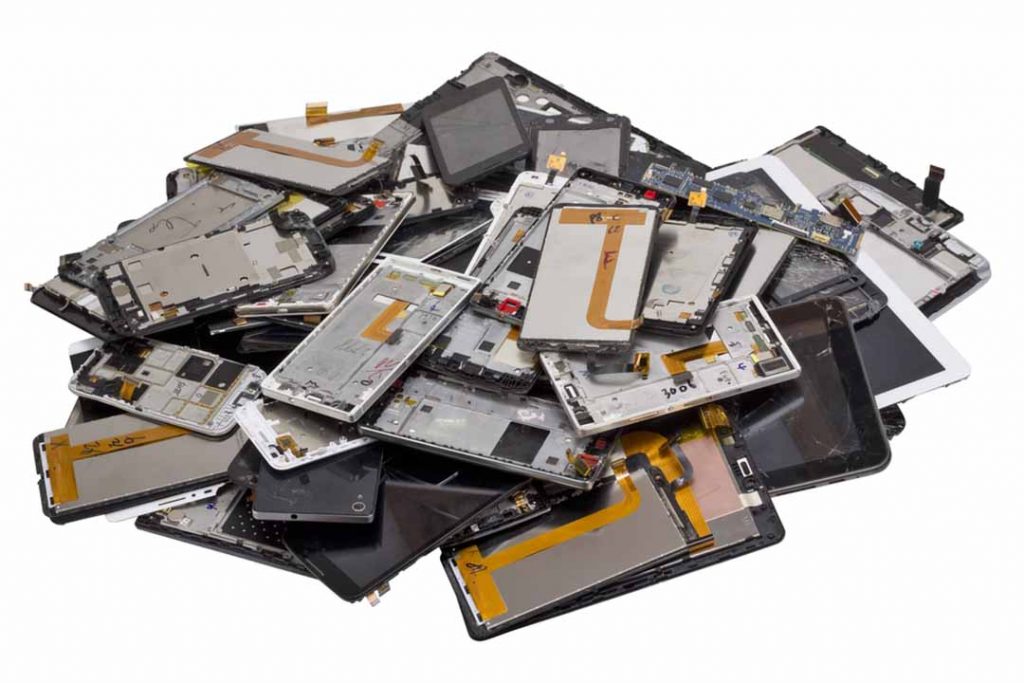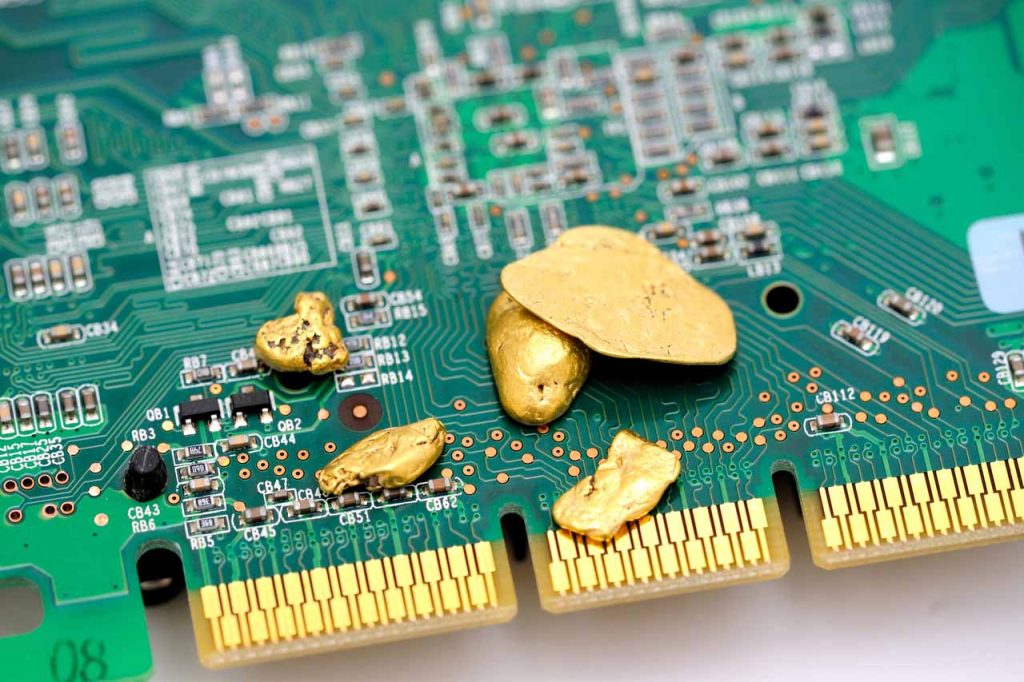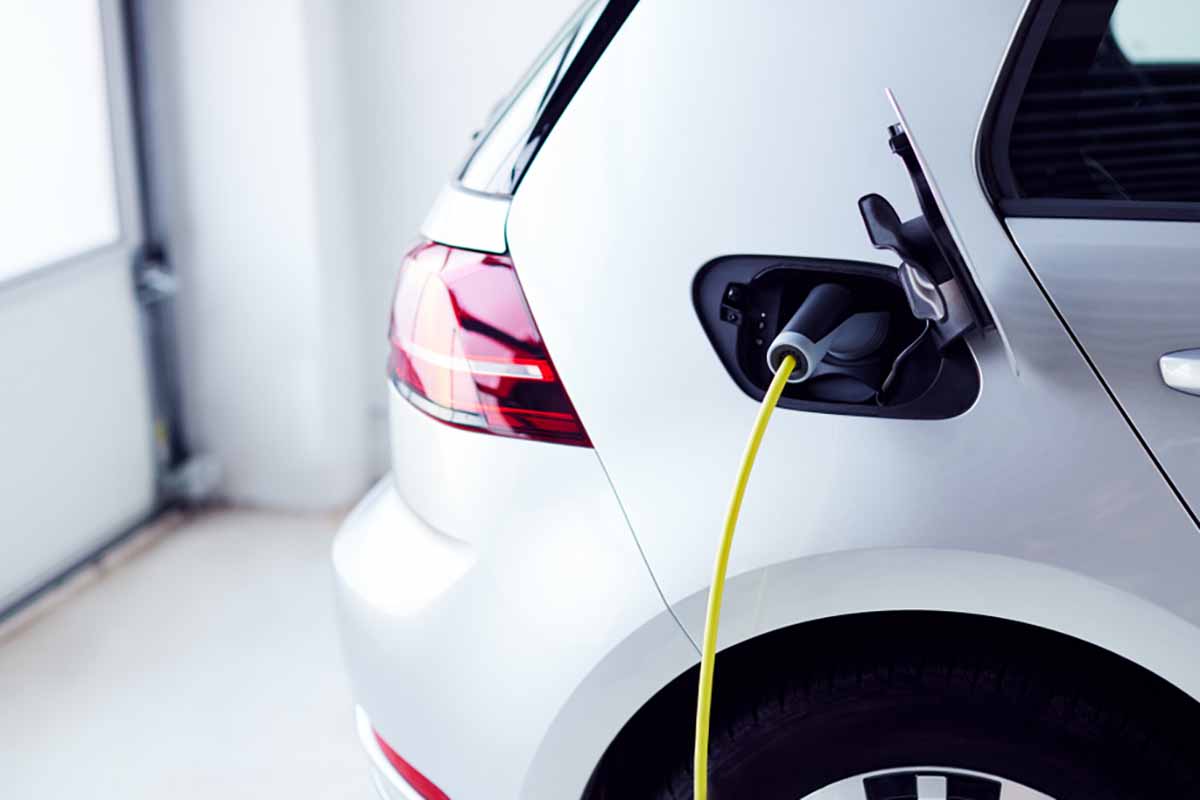
Redwood Materials recently raised $40 million to fund its efforts to develop a battery recycling process to supply the electric vehicle market. | Monkey Business Images/Shutterstock
A Nevada startup looking to build a major electric vehicle battery recycling operation is starting off by processing batteries from consumer electronics.


 Colin Staub was a reporter and associate editor at Resource Recycling until August 2025.
Colin Staub was a reporter and associate editor at Resource Recycling until August 2025.